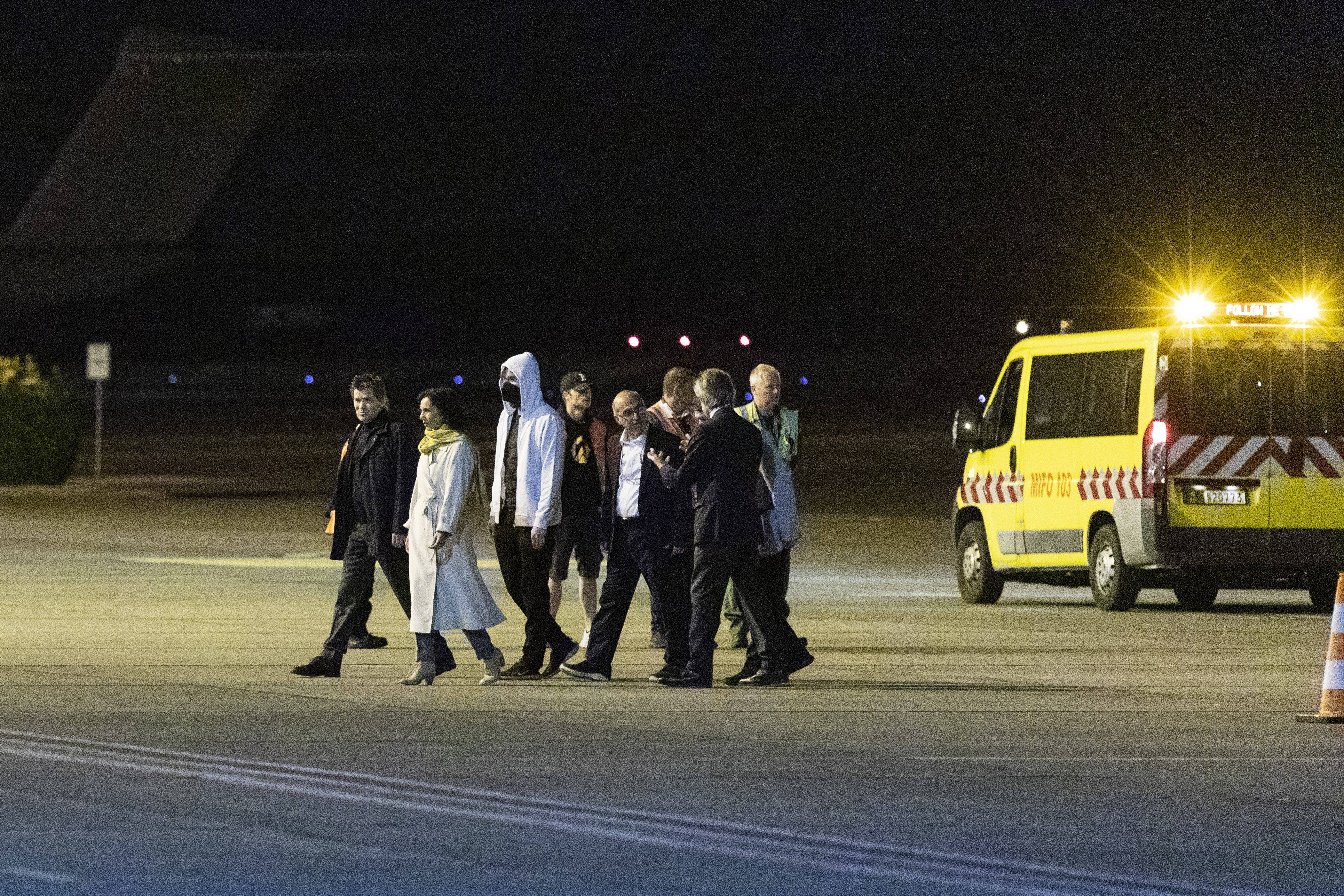Belgium calls for European approach to hostages in Iran

Belgium is calling for a European approach to Iran and the European hostages it is holding in the wake of Operation Blackstone, in which Belgian NGO worker Olivier Vandecasteele and three other Europeans were exchanged for Iranian diplomat Assadolah Assadi.
This was the main message delivered by prime minister Alexander De Croo and Justice and Foreign Affairs ministers Vincent Van Quickenborne and Hadja Lahbib to parliament's foreign affairs and constitutional affairs committees on Monday. It was the first time they had appeared before parliament since the implementation of the second and final part of Operation Blackstone, which resulted in the release of two Austrians and a Dane from Iranian prisons.
"There has to be a European approach and we will continue to push for it"
Although the issue of European hostages in Iran, of which there are still 22, has been regularly raised at European meetings, it has never led to a joint initiative by the 27 member states. "There has to be a European approach and we will continue to push for it," said De Croo. "What we have done in the last few days shows that it works."
The road to releasing the four Europeans was not without controversy. Belgium signed a prisoner transfer agreement with Iran to negotiate an exchange for Assadolah Assadi, the Iranian diplomat sentenced to 20 years in prison in Belgium for plotting a terrorist attack. However, the text was the subject of controversy and was ultimately not implemented. Its implementation would take too long, given that two European citizens with dual nationality had recently been executed and a third had been sentenced to death. The text could not be applied to the other three European citizens.
Eventually, the government resorted to the constitutional article that entrusts the executive with the management of foreign relations. "An opportunity arose in mid-May and we seized it," said Lahbib.
© IMAGO
Related news
